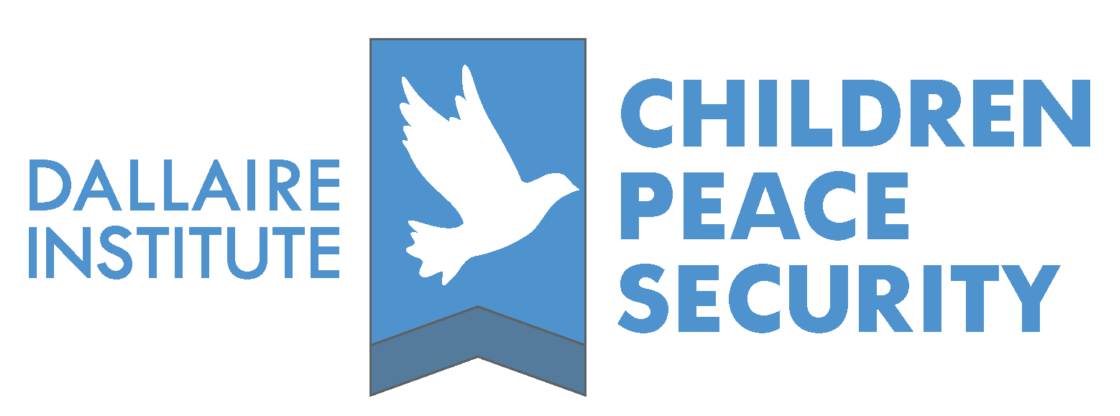Split-second decisions that soldiers make in the fog of war have long-term consequences on their mental and moral well-being, as well as that of their families, long after the soldier returns home.聽 But very little is known about this phenomenon, and no formal research has yet been undertaken to study the issue from the perspective of those who interact with children in armed conflict.
It is this motivation that led 黑料吃瓜网鈥檚 Dallaire Institute for Children, Peace, and Security to begin a pilot study in 2020, funded through the generosity of donor Bruce McKean.聽 And now the successes of that pilot can expand thanks to the Veteran鈥檚 Affairs Canada鈥檚 Veteran and Family Well-Being Fund. The fund promotes increased knowledge and understanding through research and the development of innovative, community-based services to address new and emerging needs in the veteran community.
Peace, and Security to begin a pilot study in 2020, funded through the generosity of donor Bruce McKean.聽 And now the successes of that pilot can expand thanks to the Veteran鈥檚 Affairs Canada鈥檚 Veteran and Family Well-Being Fund. The fund promotes increased knowledge and understanding through research and the development of innovative, community-based services to address new and emerging needs in the veteran community.
Earlier this month, the Honourable Minister of Veterans Affairs, Lawrence MacAuley, announced that the Dallaire Institute has been approved for a grant to conduct a five-year long national research study on the Mental Health Effects of Exposure to Child Soldiers During Military Service.
First of its kind
This research project will be the first of its kind to explore the connections between morally injurious events and the recruitment and use of children as soldiers.
In a unique partnership between the Dallaire Institute and the Centre for Addiction and Mental Health (CAMH), as well as researchers from the University of Western Ontario, Lawson Health Research Institute, and the MacDonald Franklin Operational Stress Injury Research Centre, the mental health impacts of exposure to child soldiers during military service will at last receive the clinical and rigorous academic study this long-neglected area deserves.
The study will examine the nature of experiences that military personnel and Veterans have faced that relate to observing or engaging with child soldiers during military service, and how have these experiences affected them: morally, spiritually, emotionally, and psychologically. 聽
As well, the study will take these findings and explore what kinds of training and supports are needed for military personnel and Veterans who may be or have been deployed to regions where child soldiers operate. The Dallaire Institute, which currently offers training to military, police, and other security forces in countries around the world, will further develop supports to equip military personnel and Veterans with the necessary skills and resources to deal with such stressful exposures, and to develop early-intervention and treatment for those who have been negatively impacted by such exposures, including the families of injured soldiers.
A unique collaboration
This unique collaboration of mental health professionals, academic researchers, and practitioners in the field of child protection and military training will enable opportunities to apply this research to multiple fields, including health, security sector reform, and child protection, and has great potential for informing practice and research in this new area.
The Dallaire Institute is one the world鈥檚 leading organizations working to prevent children from being recruited into conflict. And the complexities of this grievous violation of children鈥檚 rights also have far reaching effects beyond the children themselves.
The Dallaire Institute, now led by Shelly Whitman, along with Catherine Baillie Abidi, director of research and learning, are working hard to understand the gaps that exist in research to address more effective approaches to preventing the recruitment and use of children.
Dal and the institute are deeply honoured and grateful to Veterans Affairs Canada for this generous support.

